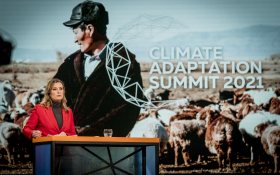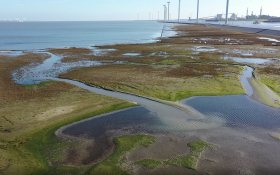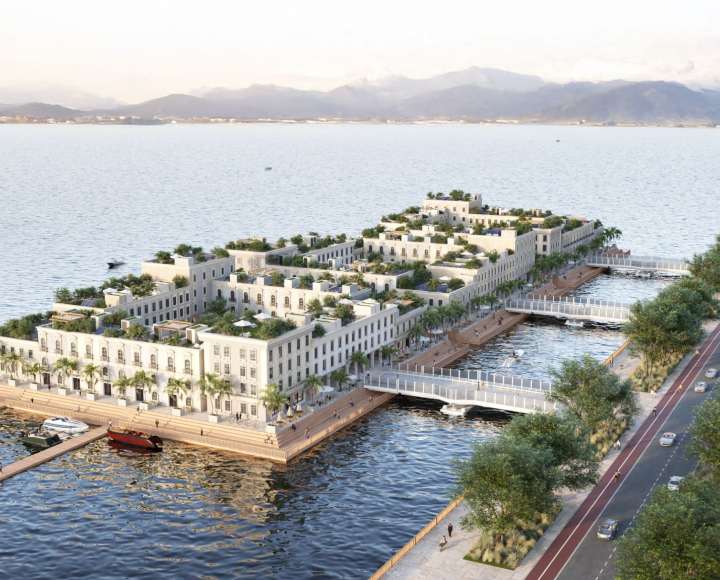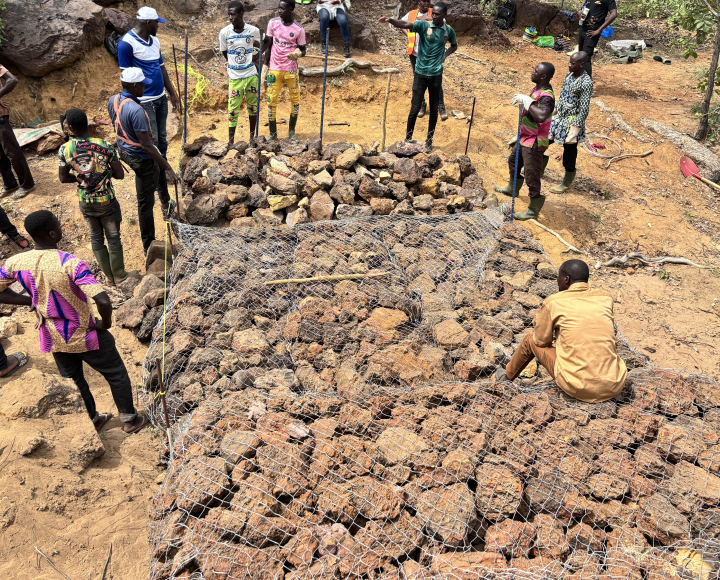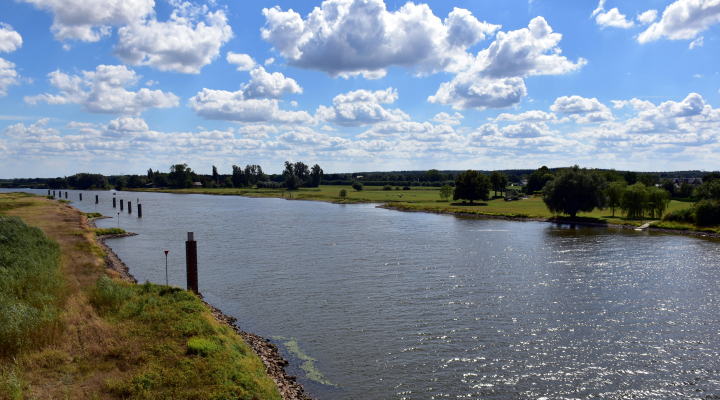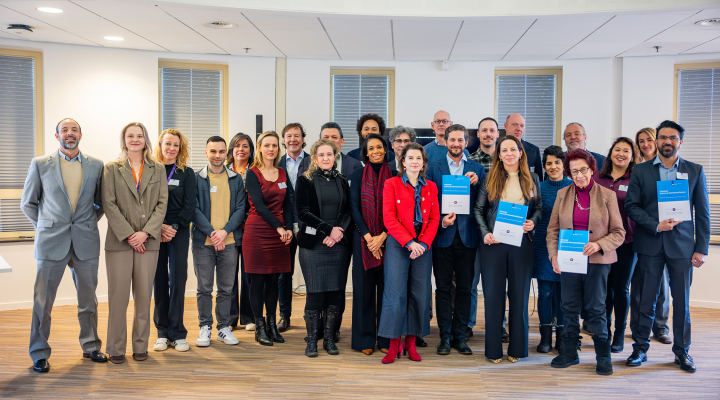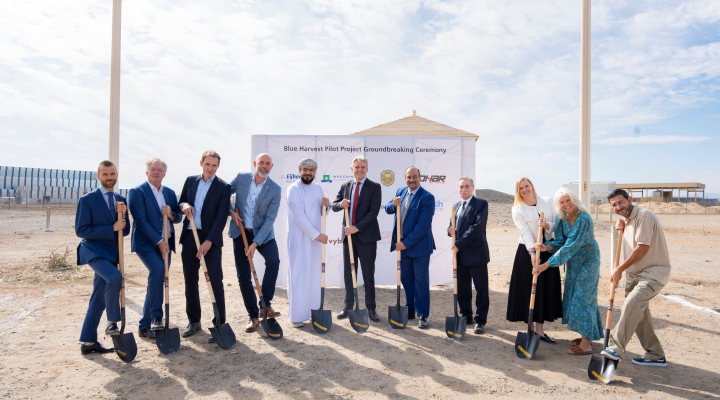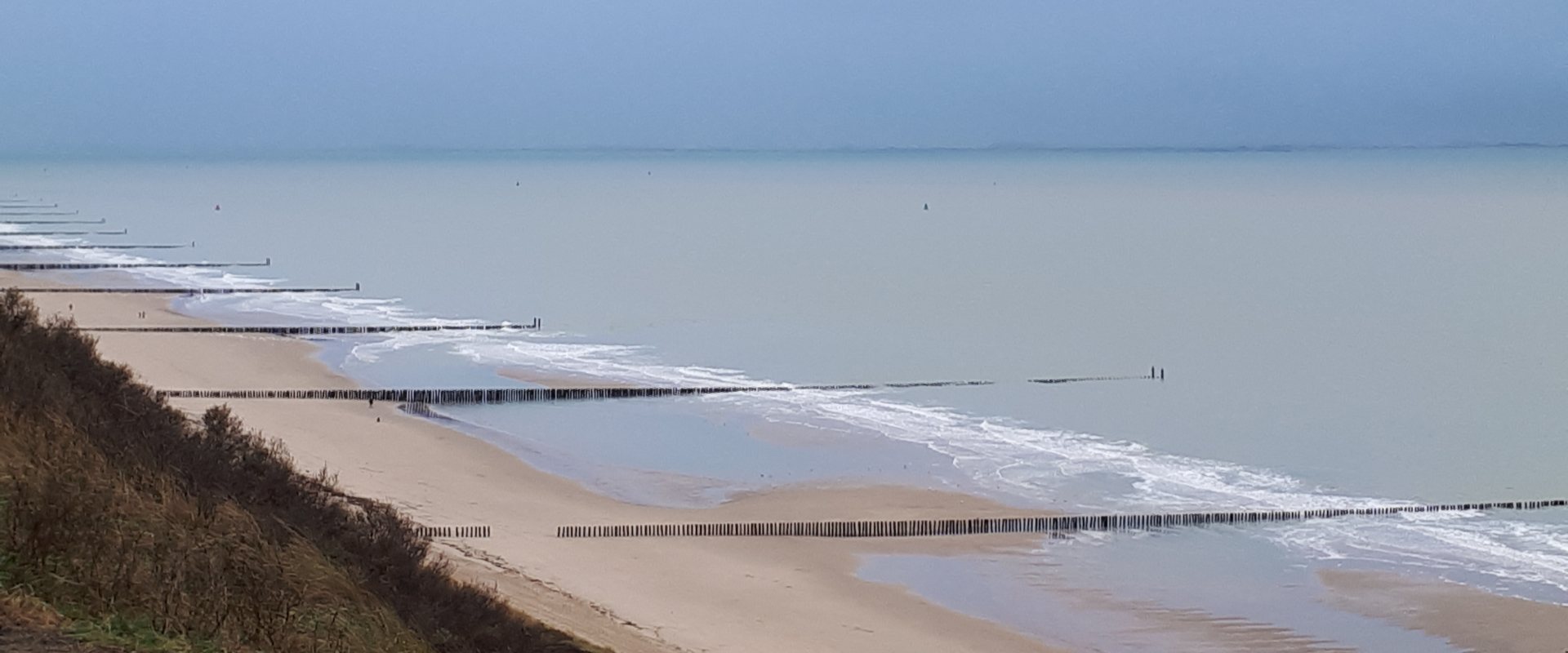
CAS2021: Uncertain rate of sea level rise calls for adaptive climate adaptation
‘How long does it take before sea level rise gets to the point that more action for flood prevention is unavoidable? Proactive flood defence is all about finding the tipping points’, says Delta commissioner Peter Glas of the Dutch government a few days before the global Climate Adaptation Summit (CAS2021) that takes place on 25 and 26 January.
‘Our approach in The Netherlands is not a blue print, but it can certainly be inspirational for climate adaptation in other coastal countries’, adds Glas.
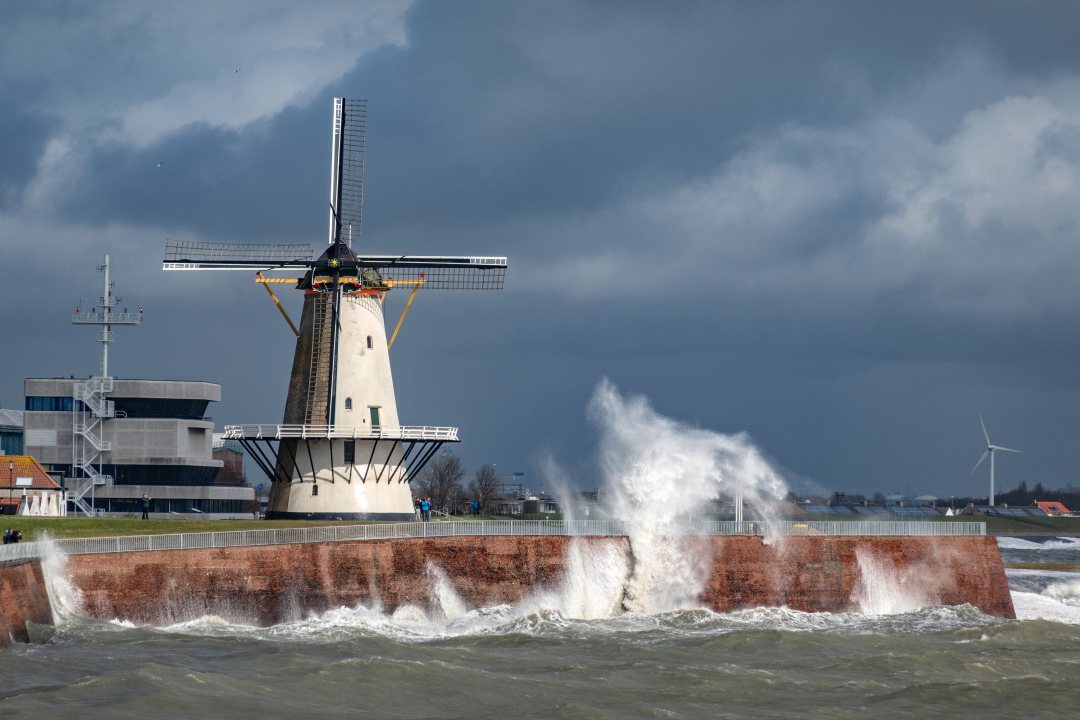

Adaptive water management
One quarter of The Netherlands lies below sea level and two third is prone to flooding. For centuries both subsidence and sea level rise have been a concern and the foreseen climate change emphasizes this concern. Flood prevention has always been existential for our low lying country.
As climate change leads to a forseable increase in the rate of sea level rise, this was one of the reasons for the Dutch government to initiate a special Delta programme in 2010 with a political independent Delta commissioner in charge. The programme has the ambition to keep the Netherlands as the ‘best protected river delta in the world’. The programme has an annual budget of 1,3 billion euro and also includes the protection of fresh water resources and resilient spatial planning.
As the future holds many uncertainties, it is not immediately clear what is needed to safeguard The Netherlands against water-related disasters. New insights develop and scientific reports may be contradictory. Therefore the Dutch Delta programme is highly adaptive.
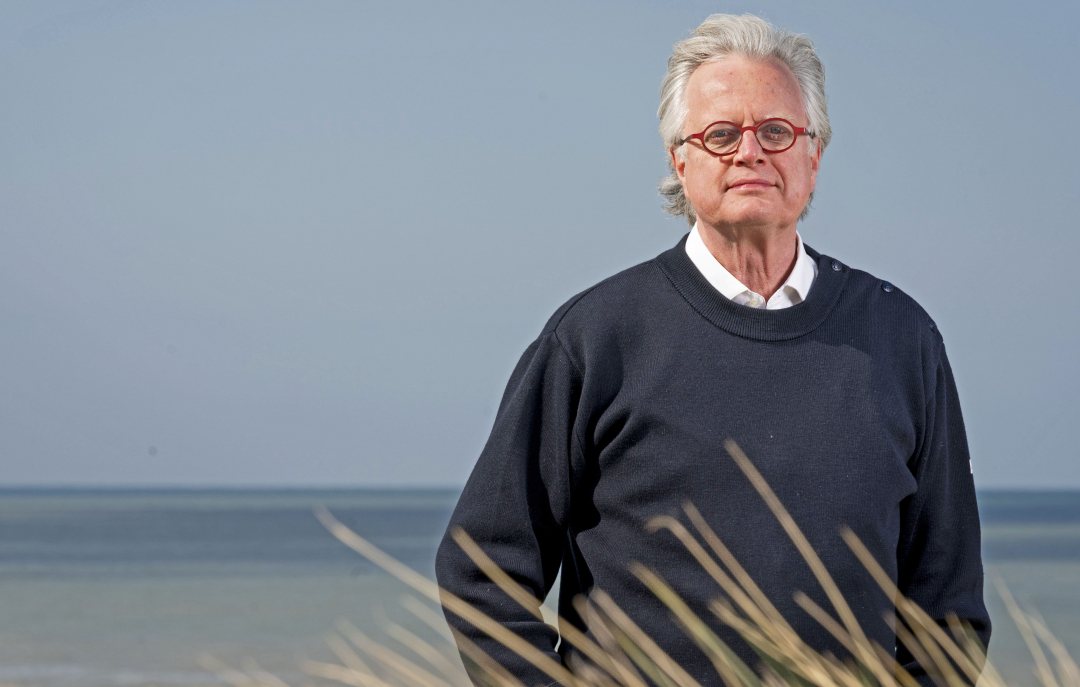

Six year cycle to assess flood risks
Peter Glas is the current Delta commissioner and he explains the way the programme identifies tipping points: ‘Every year we review the planned measures in our programme, such as the levee enforcements projects and river projects. Every six years we review our short and long term strategies on which our annual programmes are based. This way we can systematically include new scientific insights and adapt the timing of the implementation of our flood prevention measures’.
In close cooperation with Dutch research institute Deltares and national water authority Rijkswaterstaat, the ‘tipping points’ are identified for all major sea barriers. Glas: ‘Given a certain expected sea level rise, we know when to start preparations for certain flood defence and other measures’.
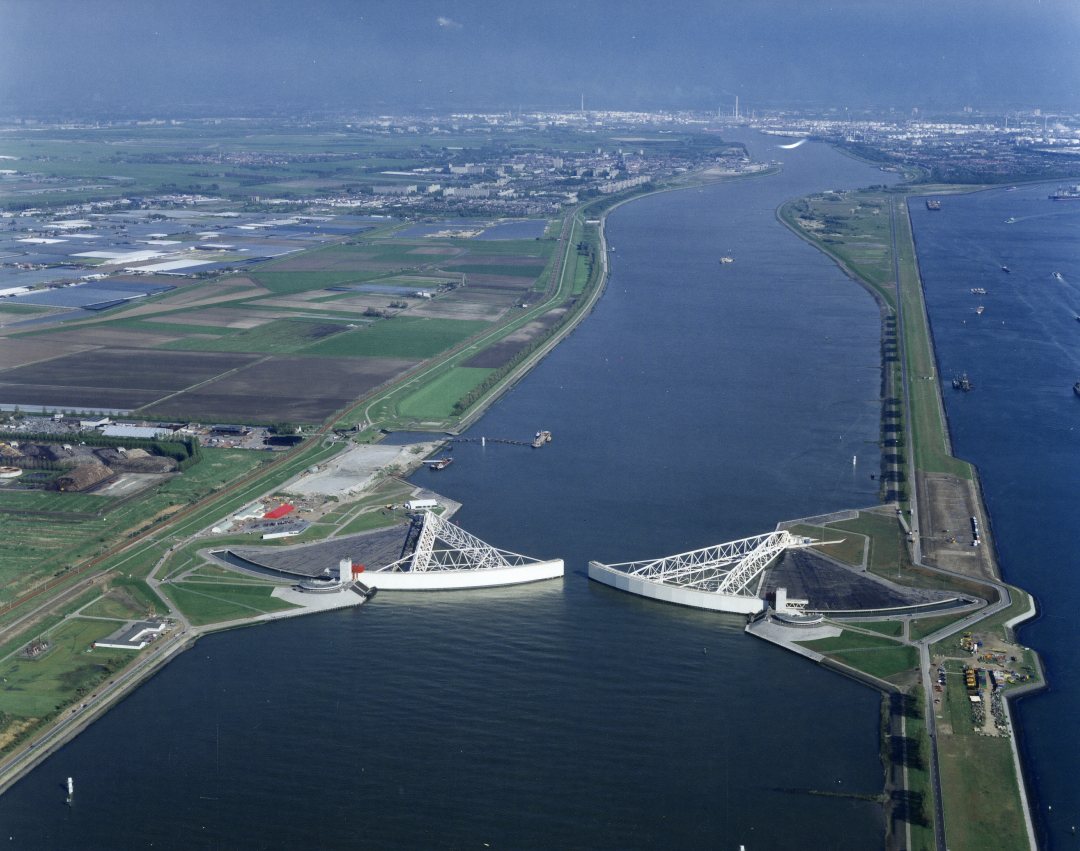

Soft and hard flood defences
The options to strengthen the Dutch coast are two-folded. ‘Our policy is soft measures where possible and hard if necessary’, Glas explains. In case of ‘soft’ measures he means sand replenishments and other nature-based solutions such as the creation of coastal wetlands and forelands. ‘At this moment, we compensate our coastal erosion by putting 10 million cubic meter of sand on the beach every year', Glas explains. 'In case of a 1 meter sea level rise we have to increase this to 100 million cube’.
The increase of the coastal sand replenishments can be done gradually. Not so for the large ‘hard’ flood barriers, sea locks and pumping stations for which the Netherlands is so famous. ‘We know at which sea level we need to adjust them. But we do not know when those tipping points will be reached. It takes time to engineer these adjustments, so given a certain scenario we know when we need to start the preparations. For these barriers and locks it is not the sea level rise that is the most important. It is the given time for a certain sea level to be reached’, the commissioner explains.
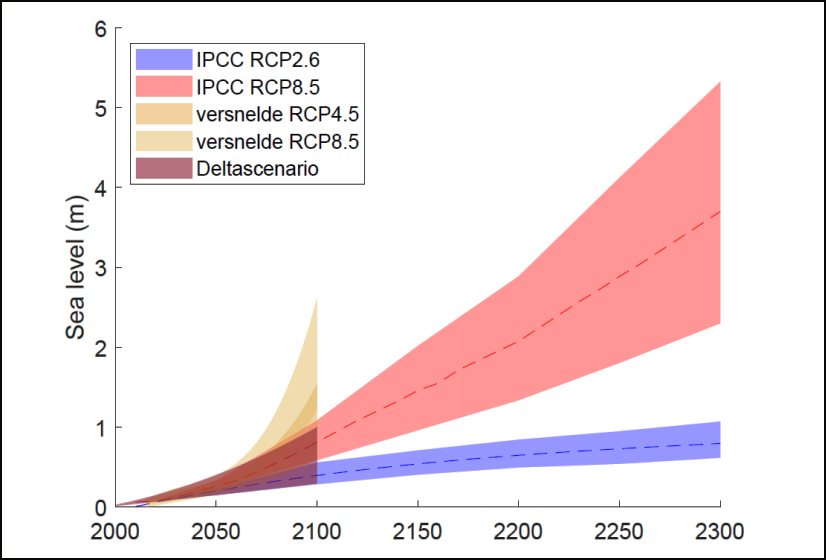

Successful climate mitigation is crucial
‘It is important that the world meets the mitigation objectives of the Paris agreement’, Glas continues. ‘But even a global warming of 2 degrees would mean a global sea level rise of 1 upto 2 meters. This makes it absolutely necessary for the Netherlands to take climate adaptation measures.'
Glas: ‘Until 2050 our coastal defences are sufficient but afterwards we depend on the successful implementation of the Paris agreement. In case the global warming exceeds 2 degrees, we will have to start to replace our sea barriers 10 years earlier. In case of a global warming of or exceeding 4 degrees, these replacements are needed 20 years sooner.’
However, Glas assures, whatever the outcome of climate mitigation, the Netherlands is determined to maintain its high flood protection standards.
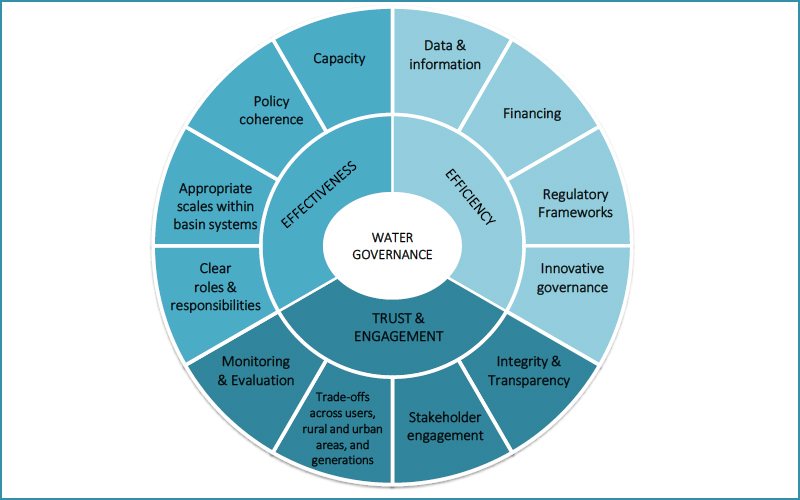

More than just civil engineering
Glas also chairs the Water Governance Initiative by the Organisation for Economic Cooperation and Development (OECD) and he knows that there is more than just the civil engineering of flood defences. ‘Our Delta programme pays special attention to the creation of awareness, participation and transparency. Twelve important elements to create social and political support. These elements have now been acknowledged by the OECD as part the 12 must-do's for governments to design and implement effective, efficient, and inclusive water policies.
Outside the Netherlands, Bangladesh has copied the idea of a Delta programme with an own supervised version, the Bangladesh Delta plan 2100. ‘Our Dutch Delta programme is no blue print for climate adaptation', Glas concludes. ‘We have many delegates from all over the world visiting the Netherlands who want to be informed about our adaptive approach. But every country faces different circumstances, different government structures, different cultures. A pro-active water policy to prevent floods and drought is the essence. It saves lives and pays back in the long term. It is up to each country how to implement this’.
More about the Climate Adaptation Summit
The Climate Adaptation Summit will be a 24-hour marathon of virtual events on 25 and 26 January. The two-days live stream starts on Monday at 14.00 hrs (CET).
The goal of the summit is to accelerate adaptation action. Hosted by the Netherlands with support from the Global Commission on Adaptation (GCA), CAS2021 will feature the launch of ambitious adaptation agendas, new commitments, and partnerships.
The programme will include participation from many heads of state and government. Registration for the Climate Adaptation Summit is still open and free. You must register in order to gain full access to the online events. Events will be streamed live.




